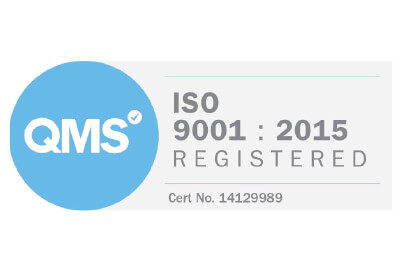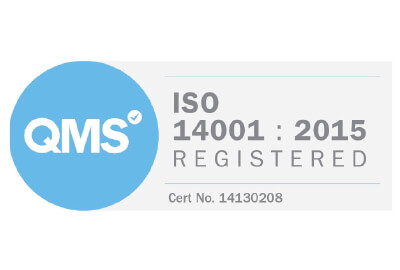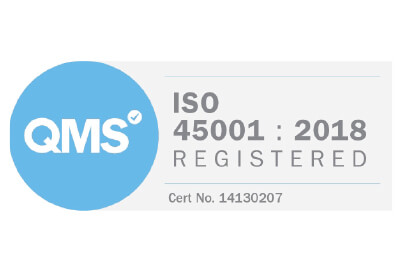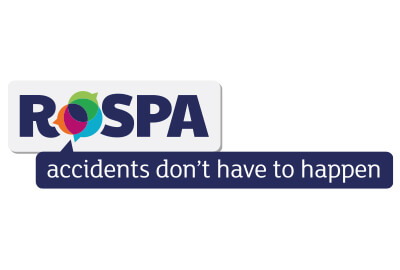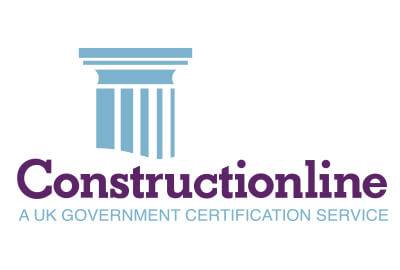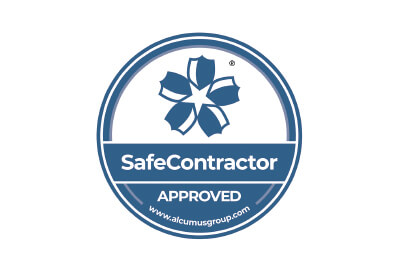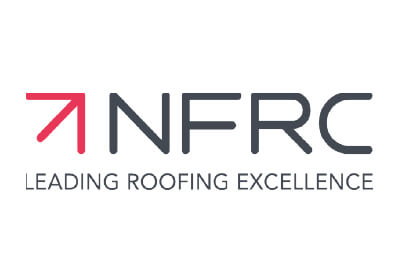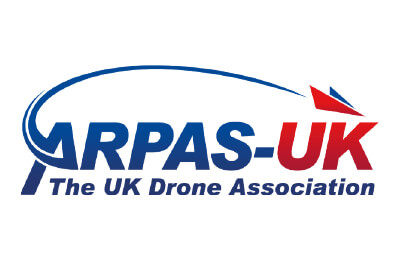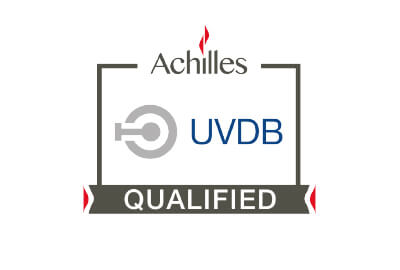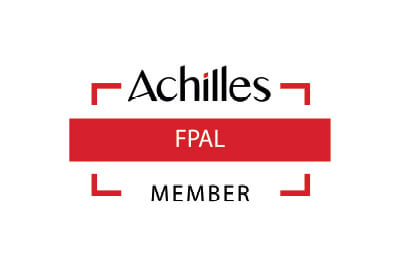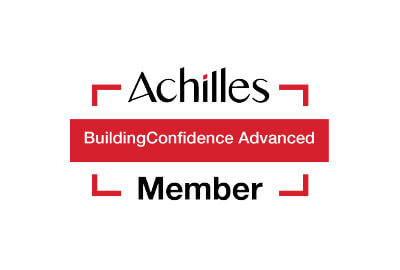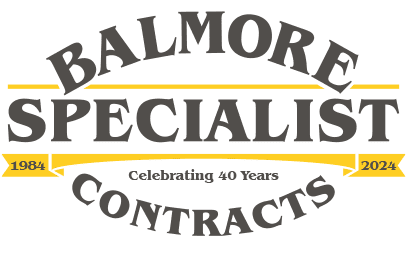Unveiling the Art of Roughcasting: A Time-Honoured Building Technique
In the world of building maintenance, construction and architecture, the diversity of building materials and techniques is truly remarkable. One such technique that has been a staple in the building industry for centuries, especially in Scotland, is roughcasting. Often admired for its distinctive appearance and practical benefits, roughcasting is a form of external wall finishing that has stood the test of time.
Defining Roughcasting
Roughcasting, also known as pebbledash or harling in some regions, is an exterior wall finish that involves applying a mixture of mortar, small stones or pebbles, and sometimes other materials to the surface of a building. The result is a textured, weather-resistant finish that not only adds character to structures but also serves functional purposes.
The Ingredients of Roughcasting
The core components of a roughcast mixture typically include:
- Mortar: Mortar serves as the binding agent in the mix, holding all the other materials together. It is usually composed of cement, sand, and water.
- Aggregate: The aggregate in roughcasting consists of small stones or pebbles. These vary in size but are generally smaller than those used in traditional masonry.
- Pigments: Depending on the desired colour, pigments can be added to the mixture to achieve specific aesthetic effects.
The Roughcasting Process
The application of roughcasting is a skilled craft that requires experience and precision. Here’s a simplified overview of the roughcasting process:
- Surface Preparation: The wall surface must be cleaned and free from dust, debris, and loose material. Any existing coatings or finishes may need to be removed.
- Application of Mortar: A base layer of mortar is applied to the wall, serving as the foundation for the roughcast finish. This layer is typically referred to as the “scratch coat.”
- Incorporating Aggregate: While the scratch coat is still wet, small stones or pebbles are thrown or pressed into the mortar. The stones adhere to the surface, creating the characteristic textured appearance of roughcasting.
- Finishing Touches: Once the stones are in place, a final layer of mortar, known as the “top coat,” is applied over the aggregate. This layer helps bind the stones, providing stability and weather resistance. Pigments can be added to this layer for color variation.
- Curing: After application, the roughcast finish needs time to cure. This process can take several days, and it’s essential to protect the surface from adverse weather conditions during this period.
Benefits of Roughcasting
- Weather Resistance: Roughcasting is highly durable and provides excellent protection against harsh weather conditions, including rain and wind.
- Aesthetic Appeal: The textured finish adds character and charm to buildings, making them stand out architecturally.
- Low Maintenance: Once applied, roughcast finishes require minimal maintenance over the years.
- Insulation: The textured surface can offer some thermal and sound insulation benefits.
- Historical Significance: Roughcasting is deeply rooted in Scottish architectural history and is a distinctive feature of many traditional buildings.
Preserving a Timeless Tradition
In an era of modern construction materials and techniques, roughcasting stands as a testament to the enduring appeal of traditional craftsmanship. Its unique appearance and practical benefits continue to make it a popular choice for both historical preservation and new construction.
From bungalows to semi detached and detached houses, apartments and modern flats. We provide professional roughcasting work on them all.
For nearly four decades, Balmore have grown to become one of the leading building maintenance firms in Glasgow. Our specialist services coveres everything from historic sandstone restoration and cleaning up to roughcasting, cladding and concrete. So you are in safe hands with an expert building maintenance company that has built its business through referrals, recommendations and positive reviews.
If you would like to know more about Balmore Specialist Contractors and our services in roofing, building maintenance and rope access, please contact our Glasgow head office on 0141 944 6100. You will always find a helpful team who will happily answer your questions and provide you with a quotation for your needs.
